Tiras para prueba de azúcar para diabéticos
en el hogar
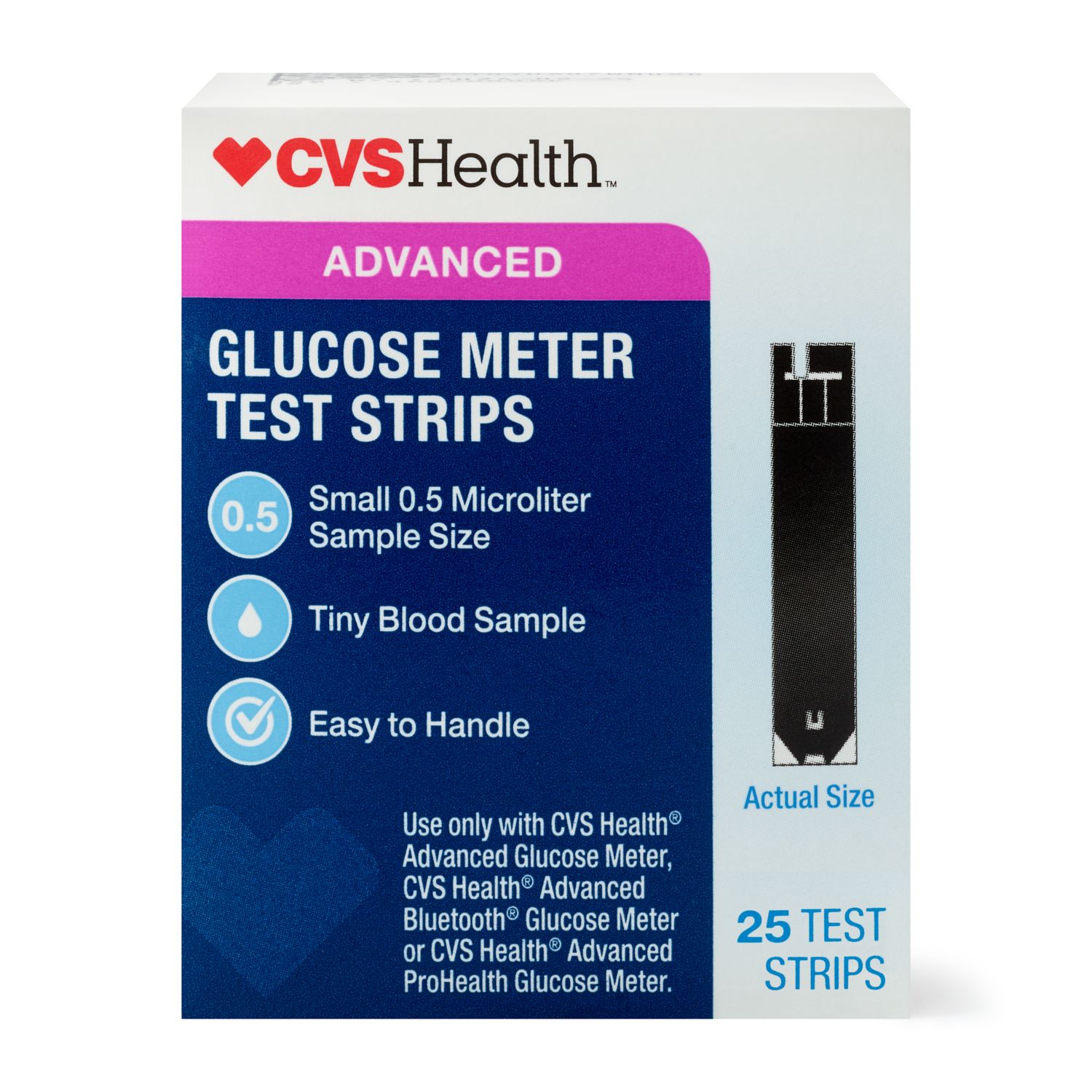)
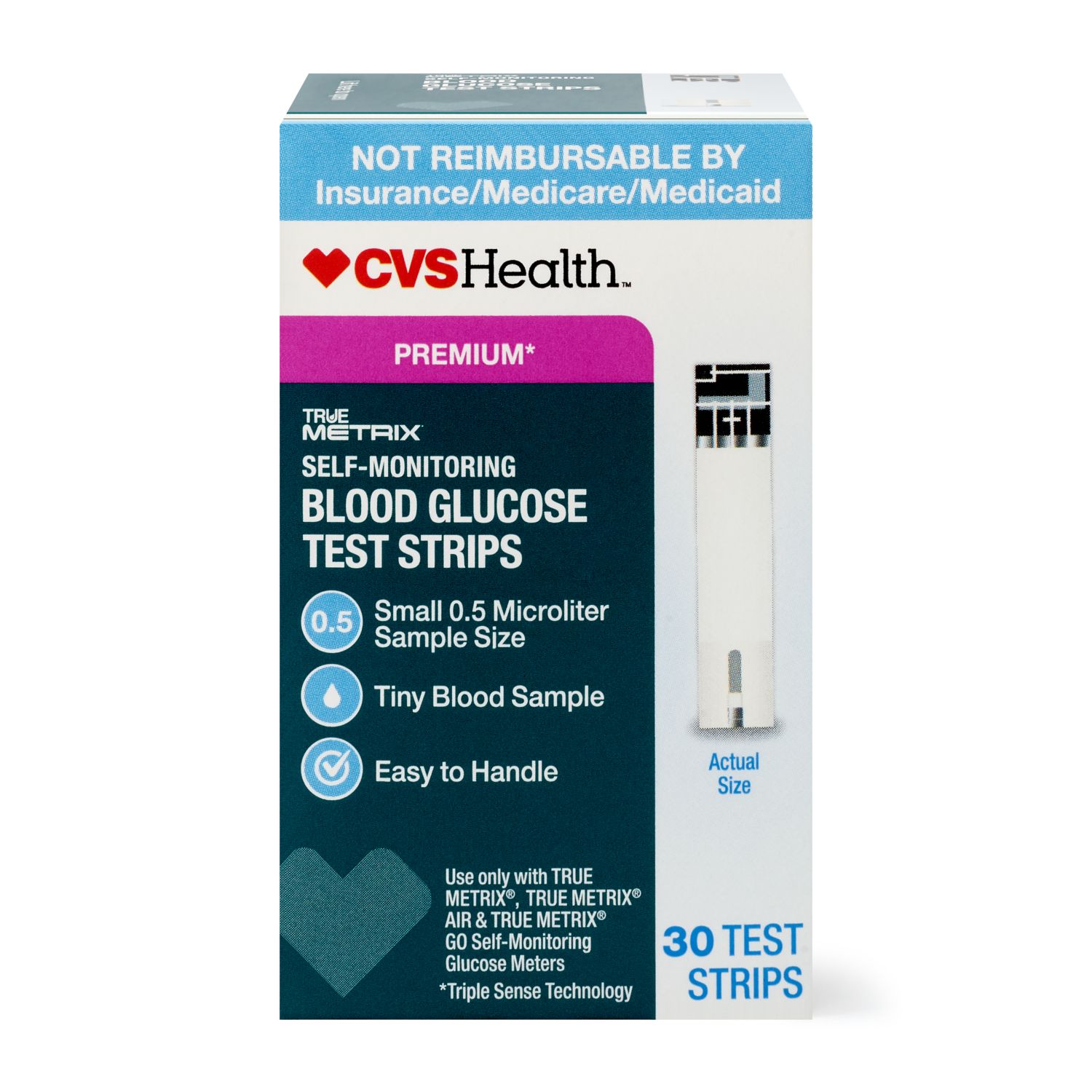)
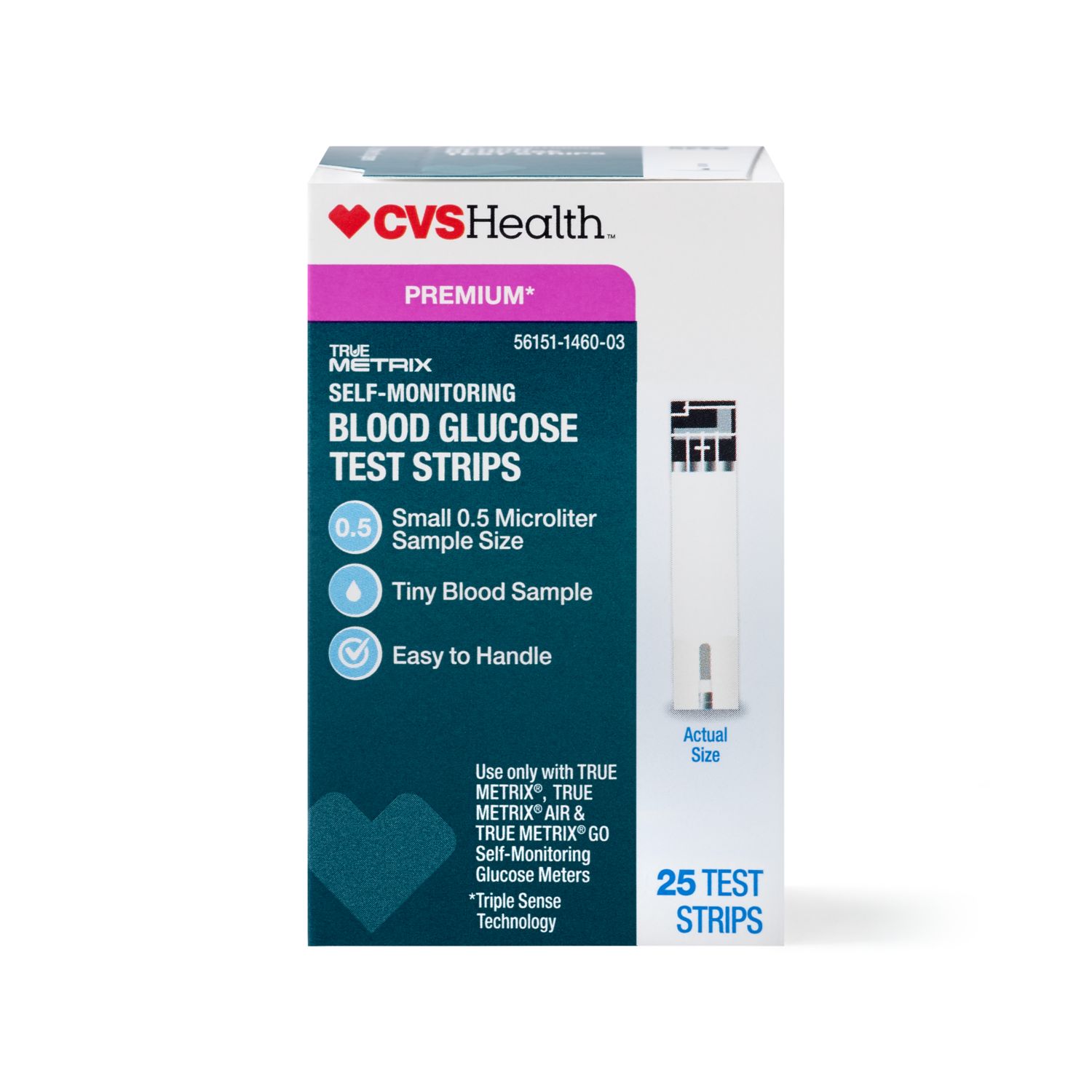)
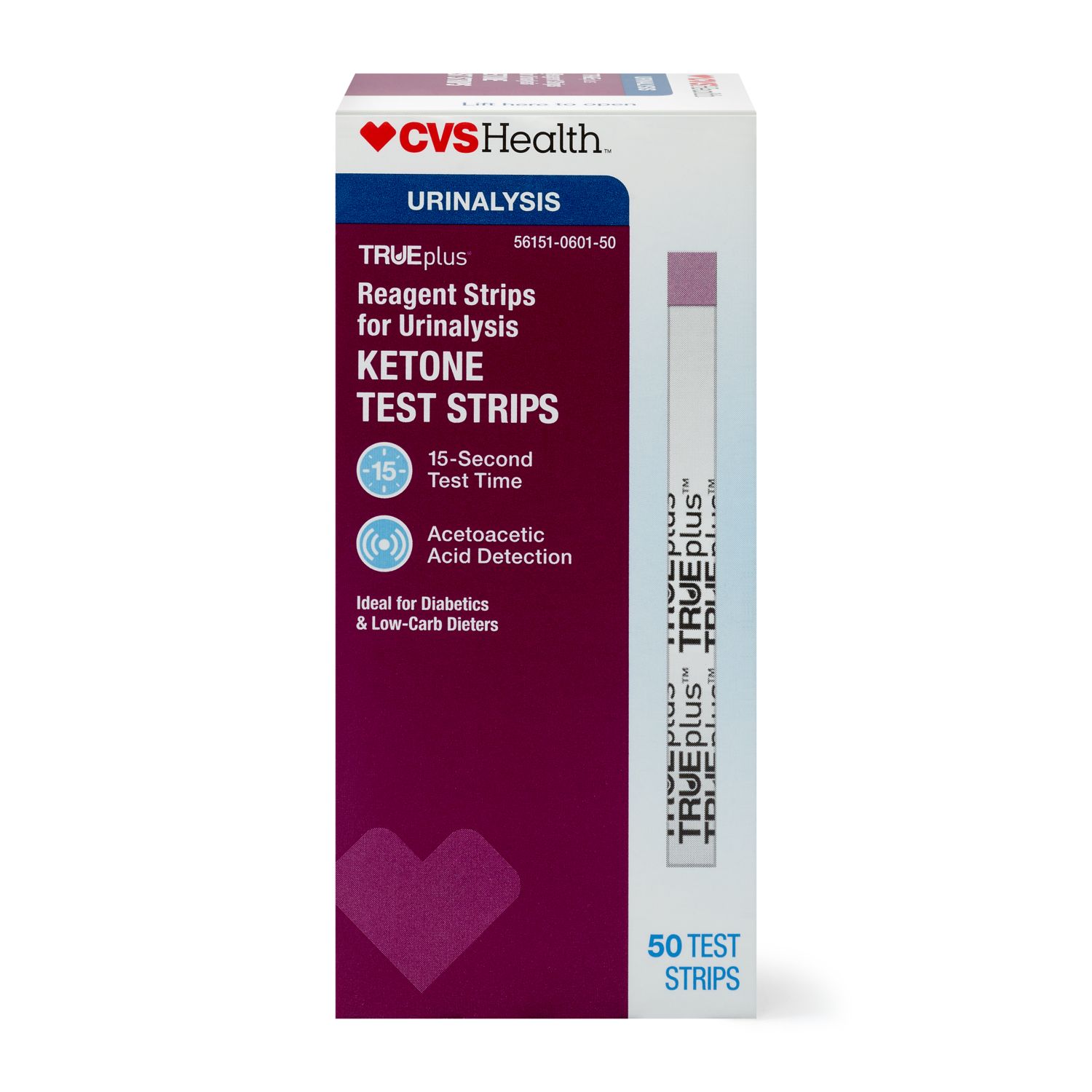)
Shop more diabetes care
Diabetic Test Strips
Regularly checking your blood sugar levels can help improve the outcome of your diabetes treatment. When you know your numbers, you can make more informed choices about what to eat and how much to exercise. Plus, your health care provider can better assess the effectiveness of your treatment plan using your blood sugar reading data. CVS can help you stock up on all of the supplies that you need for diabetes home testing. In this product selection, you'll find a diverse assortment of diabetic test strips that are compatible with popular glucometers. Shop online now and have your diabetes testing strips delivered to your home.
Ketone Test Strips
Ketone testing is common for people with diabetes, especially for those who are Type 1. This test checks to see if there is a chemical called ketones present in your urine. Ketones appear in urine when the body begins to break down stored fat instead of sugar due to a lack of insulin in the body. Your health care provider may tell you to check your ketone levels when you experience certain symptoms. Ketone testing strips can be dipped in urine to help determine whether or not ketones are present in the sample within just a few minutes. High ketone readings could indicate a medical emergency, so be sure to report abnormal results to your health care provider quickly.
What Are Diabetic Test Strips?
Diabetic testing strips are used with blood glucose monitors or glucometers. With a testing strip, you collect a small sample of blood that you typically obtain by pricking your skin with a tiny needle called a lancet. The testing strip holds an enzyme called glucose oxidase. When the enzyme comes in contact with the sugar in your blood, it triggers a chemical reaction. An electrode inside the glucometer can measure the speed of this reaction and use that information to tell you how much sugar is present in your blood. Most testing strips are designed to work with one particular blood glucose monitor or with a number of different glucometers offered by one manufacturer.
How Do Glucose Test Strips Work
To ensure that your blood glucose test strips work properly, always store them in a cool dry place. Most test strips come in protective resealable bottles, and it is best to keep them in this packaging until they're ready for use. Keep in mind that diabetes testing strips do have expiration dates. Using expired strips could lead to inaccurate results. Always follow the directions for use provided by the manufacturer of your glucometer to help ensure accurate readings.
What Do Diabetic Test Strips Measure?
The benefit of using a diabetic test strip is that it is an easy way to test your blood sugar level. The test strips have a circuit in them. They have an enzyme at the end of the strip called glucose oxidase. When your blood comes into contact with the enzyme, a chemical reaction occurs on the strip and the electric circuit picks up the reaction and is measured by the electrode in the glucose meter.
The glucometer or glucose meter then gives a readout of the blood sugar level from your blood sample.
Knowing your sugar level is important for those with type 1 and type 2 diabetes. It can help manage your disease as you work with your healthcare provider.
How Long Glucose Test Strips Last
The question of how long glucose test strips last has been a question that is debated. There is a belief that the glucose test strips can be used for a short time after they have expired. The concern with expired glucose test strips is that they can give an inaccurate glucose reading.
It is recommended that the glucose test strips be used up to three to six months after opening and it depends on the manufacturer. After they have been opened, the strips should be stored properly to ensure they will work properly.

)
)
)
)
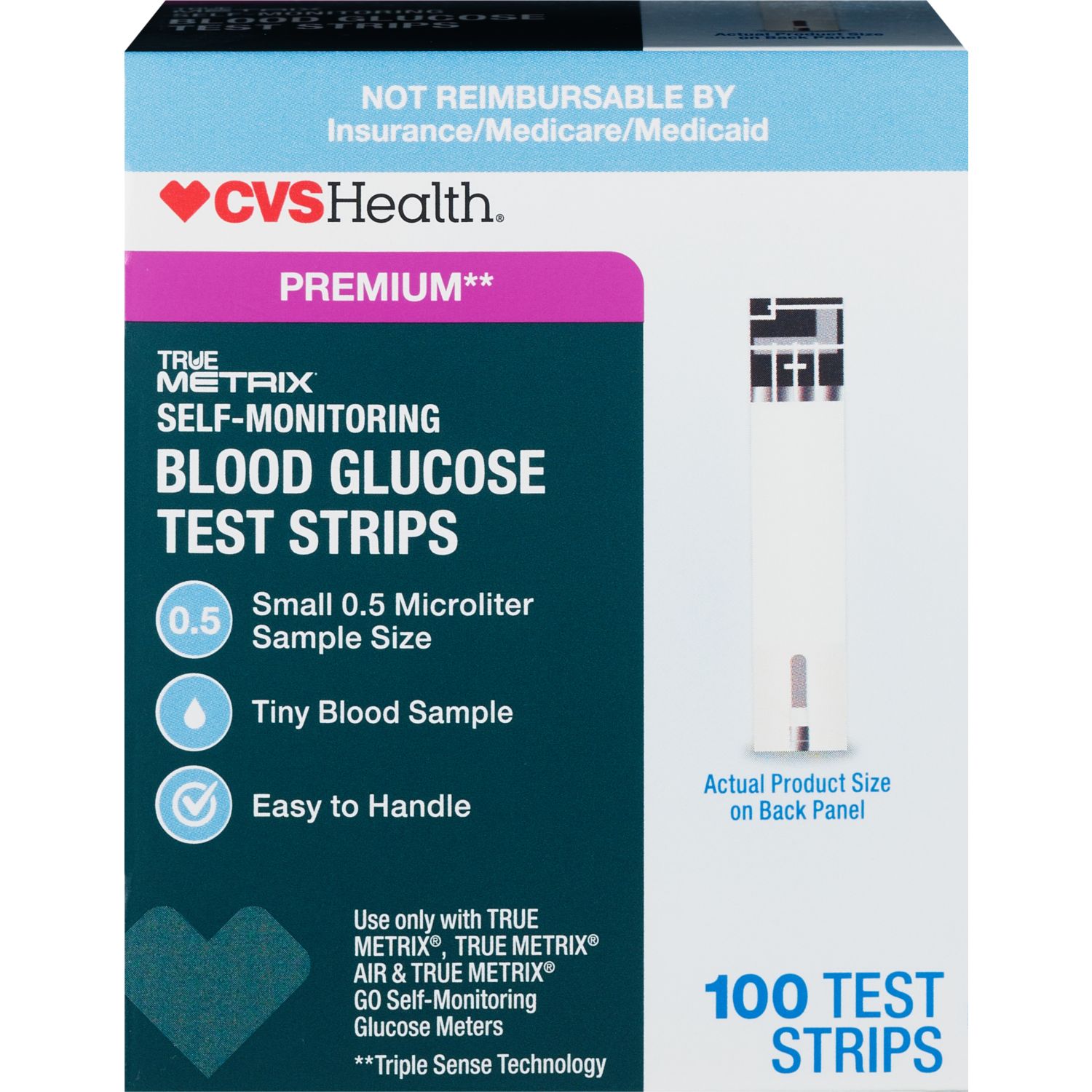)
)
)
)
)
)
)
)
)
)
)
)
)


)
)
